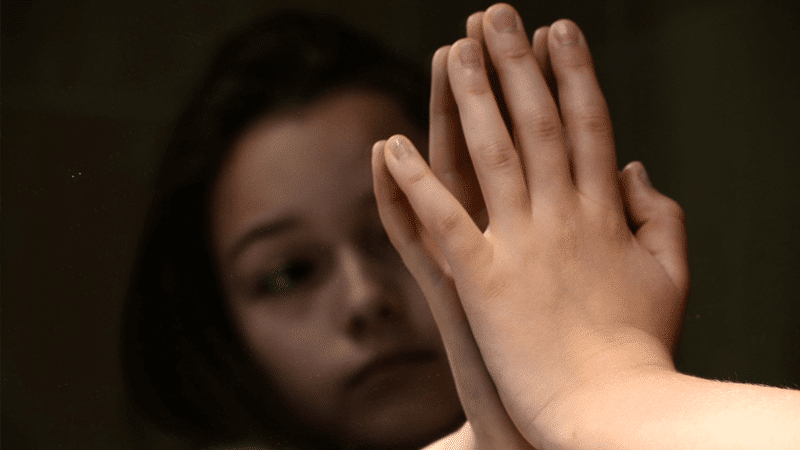The US states of Mississippi, South Dakota and Utah have agreed to better protections for children from sex-swap drugs and surgeries.
The use of puberty-blocking drugs, cross-sex hormones and gender reassignment surgeries on minors will now be prohibited. Healthcare providers who violate the new laws risk losing their licence to practice medicine and legal action against them.
They join Alabama, Arkansas, Arizona, Tennessee and Texas in passing laws or taking executive action to restrict these dangerous practices.
‘Protect our kids’
Mississippi Governor Tate Reeves said there is a dangerous movement spreading across America “under the guise of a false ideology and pseudoscience being pushed onto our children through radical activists, social media, and online influencers”.
He said the legislation “puts a stop to this in Mississippi and protects our kids”.
After signing South Dakota’s Bill, Governor Kristi Noem stated that she was doing so to “protect our kids from harmful, permanent medical procedures”.
The law there comes into effect on 1 July and requires doctors to wean minors off hormone drugs by the end of the year.
Utah
The Governor of Utah, Spencer Cox, said: “More and more experts, states and countries around the world are pausing these permanent and life-altering treatments”.
The Bill’s sponsor, Senator Michael Kennedy, a family doctor, said: “These novel and irreversible procedures lack sufficient long-term research, but still our country is witnessing a radical and dangerous push for children to enter this version of healthcare.”
Utah’s law only applies to “new patients who were not diagnosed with gender dysphoria” before it came into effect.
Man to sue NHS for ‘pushing him into sex swap op’
‘We’re inflicting permanent harm on children’, says trans clinic whistleblower
Detransitioner sues Canadian medics over irreversible trans surgery
‘Remove barriers to sex-swap surgeries’, says NHS Scotland report


